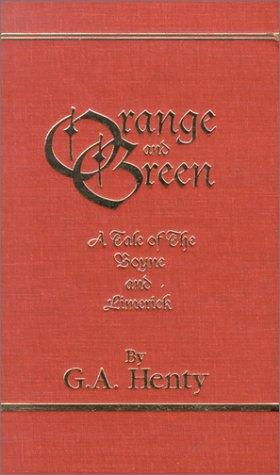By G.A.Henty
Sir Marmaduke was, at that time, only a child, but he still remembered how the Roundhead soldiers had lorded it there, when his father was away fighting with the army of the king; how they had seated themselves at the board, and had ordered his mother about as if she had been a scullion, jeering her with cruel words as to what would have been the fate of her husband, if they had caught him there, until, though but eight years old, he had smitten one of the troopers, as he sat, with all his force.(~414 pg)Read Online
(25.6 M)PDF
(~414 pg)EPUB
(~414 pg)Kindle
(~414 pg)Daisy
(705.4 K)Full Text
(8.1 M)DjVu
PREFACE.
MY DEAR LADS,
Had I attempted to write you an account of thewhole of the adventurous career of Charles XII. of Sweden, it would, in itself, have filled a bulky volume to the exclusion of all other matter, and a youth who fought at Narva would have been a middle-aged man at the death of that warlike monarch before the walls of Frederickshall. I have therefore been obliged to confine myself to the first three years of his reign, in which he crushed the army of Russia at Narva, and laid the then powerful republic of Poland prostrate at his feet. In this way only could I obtain space for the private adventures and doings of Charlie Carstairs, the hero of the story. The details of the wars of Charles XII. were taken from the military history written at his command by his chamberlain, Adlerfeld, from a similar narrative by a Scotch gentleman in his service, and from Voltaire's history. The latter is responsible for the statement that the trade of Poland was almost entirely in the hands of Scotch, French, and Jewish merchants, the Poles themselves being sharply divided into the two categories of nobles and peasants.
Yours sincerely,
G. A. HENTY.

